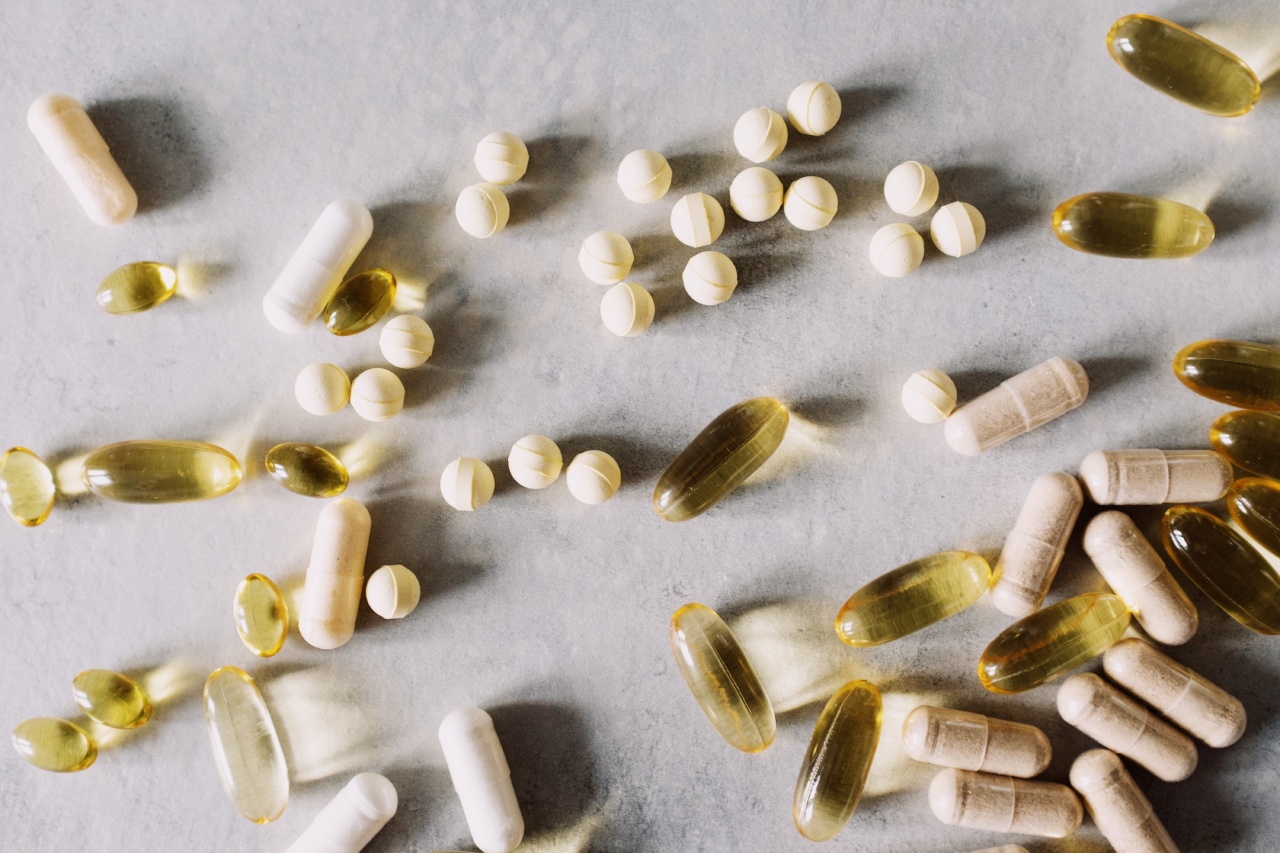Post-Traumatic Stress Disorder, or PTSD, is a mental health condition that affects individuals who have experienced or witnessed a traumatic event. PTSD can result in symptoms such as nightmares, flashbacks, and severe anxiety.
While there are several proven methods for treating PTSD, including therapy and medication, recent studies have shown that certain dietary changes can also help prevent and mitigate the symptoms of PTSD.
The Science Behind PTSD
To understand how diet can impact PTSD, it is important to first understand the underlying science of the condition.
During a traumatic event, the body’s stress response system is activated, leading to the release of hormones such as adrenaline and cortisol. In individuals with PTSD, this stress response becomes chronic, leading to long-term changes in the brain that result in symptoms such as hyperarousal and anxiety.
The Role of Diet in PTSD Prevention
Research has shown that certain dietary choices can impact the body’s stress response system. For example, foods that are high in sugar and processed carbohydrates can cause a spike in blood sugar, leading to an increase in cortisol levels.
This can exacerbate the symptoms of PTSD and lead to further anxiety and stress.
On the other hand, a diet that is high in fruits, vegetables, and whole grains has been shown to promote a more stable blood sugar level and reduce levels of cortisol.
Additionally, certain nutrients such as omega-3 fatty acids, vitamin D, and magnesium have been shown to have a positive impact on mood and mental health, potentially reducing the risk of PTSD.
The Mediterranean Diet
One diet that has been shown to have a positive impact on mental health, including the prevention of PTSD, is the Mediterranean diet.
This diet is characterized by a high intake of fruits, vegetables, whole grains, legumes, and healthy fats such as olive oil and nuts. It also incorporates moderate amounts of fish, poultry, and dairy, while limiting red meat and processed foods.
Studies have shown that following a Mediterranean diet can reduce the risk of developing depression and anxiety, both of which are closely linked to PTSD.
Additionally, the anti-inflammatory properties of many Mediterranean foods may help to protect against the chronic inflammation that can contribute to the development of PTSD.
The Benefits of Probiotics
Another dietary change that may help prevent PTSD is the inclusion of probiotics in the diet. Probiotics are live microorganisms that can be found in fermented foods such as yogurt, kefir, and sauerkraut.
Research has shown that probiotics can have a positive impact on mood and anxiety levels, potentially reducing the risk of developing PTSD.
One study found that individuals who took a probiotic supplement for four weeks had lower levels of anxiety and depression than those in a control group who did not take the supplement.
The Impact of Alcohol and Caffeine
In addition to incorporating certain foods into the diet, it is also important to consider the impact of alcohol and caffeine on PTSD risk.
Both of these substances can disrupt sleep and increase anxiety levels, which can exacerbate the symptoms of PTSD.
While moderate alcohol consumption may have some health benefits, it is recommended that individuals with a history of trauma or PTSD avoid alcohol, as it can increase the risk of developing PTSD symptoms.
Similarly, caffeine should be consumed in moderation, as too much can lead to increased anxiety and sleep disturbances.
In Conclusion: The Importance of a Healthy Diet in PTSD Prevention
While there is no one-size-fits-all solution for preventing PTSD, incorporating certain dietary changes can have a positive impact on mental health and potentially reduce the risk of developing PTSD symptoms.
A diet that is high in fruits, vegetables, whole grains, and healthy fats, such as the Mediterranean diet, can help promote a stable blood sugar level and reduce levels of cortisol. Additionally, probiotics and moderate caffeine intake can have a positive impact on mood and anxiety levels, potentially reducing the risk of developing PTSD.































